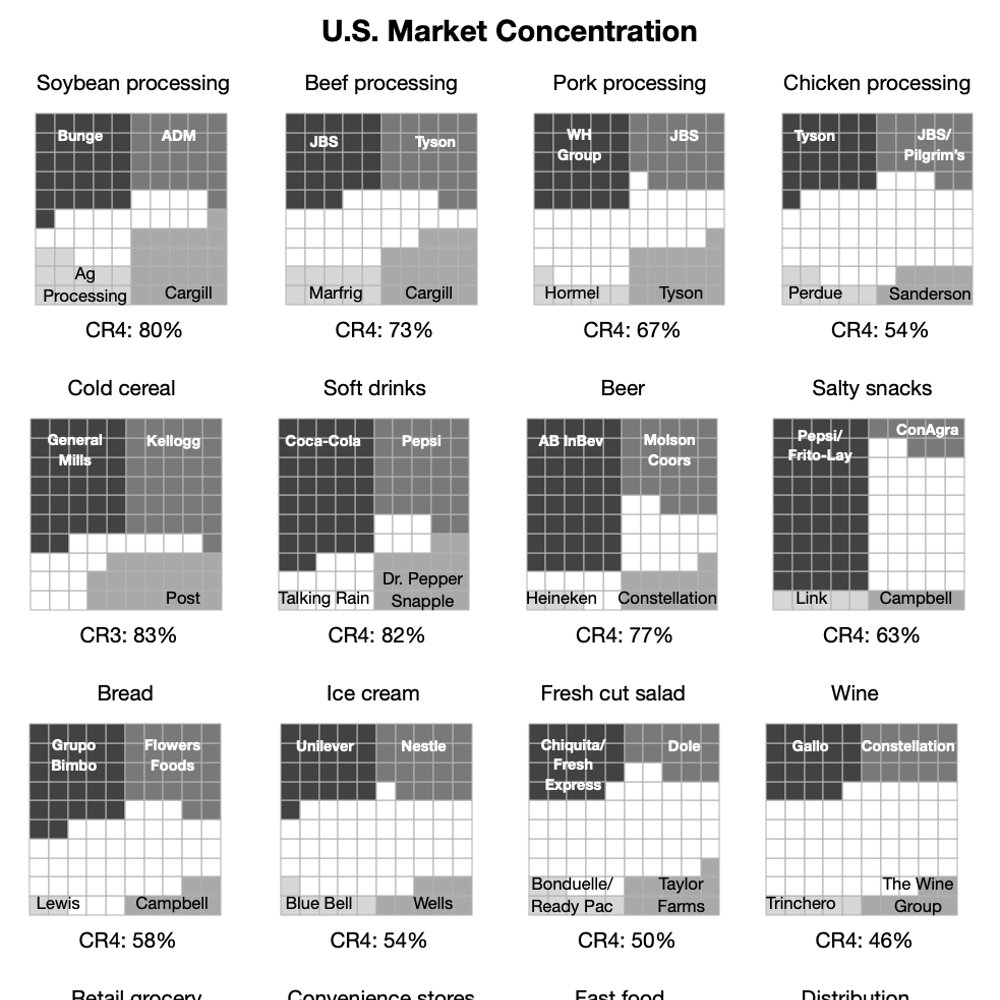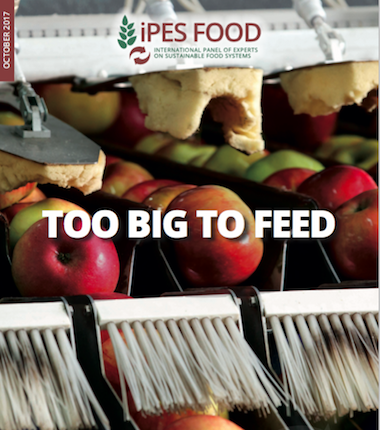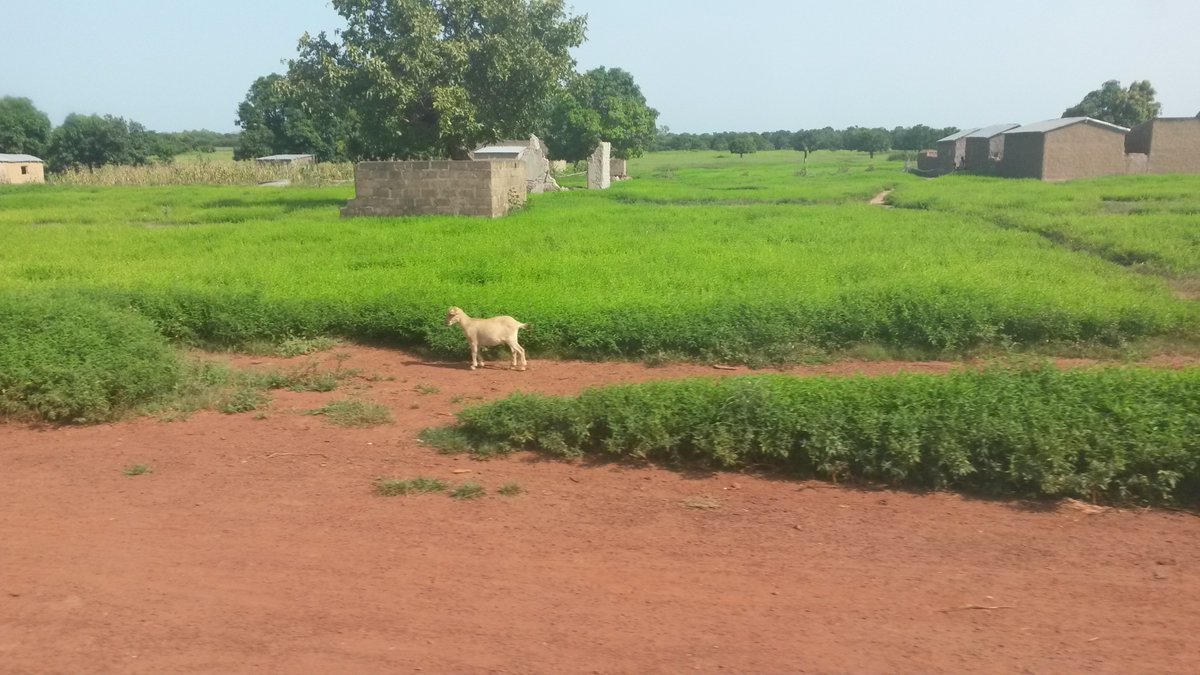
🔎 'Corporate concentration in the US #food system makes food more expensive and less accessible for many Americans' 💵🌽🇺🇸
🗞️ Excellent new piece in the @ConversationUS by @hendricksonm & IPES-Food's own Phil Howard 👇🏾
Quick thread! 🧵/1
theconversation.com/corporate-conc…
🗞️ Excellent new piece in the @ConversationUS by @hendricksonm & IPES-Food's own Phil Howard 👇🏾
Quick thread! 🧵/1
theconversation.com/corporate-conc…
"We’ve closely followed #corporate consolidation of food production, processing and distribution in the U.S. over the past 40 years. In our view, this process is making #food less available or affordable for many Americans," say Hendrickson & Howard. /2
"Consolidation has placed key decisions about our nation’s #foodsystem in the hands of a few large companies, giving them outsized influence to #lobby policymakers, direct food and industry #research and influence #media coverage." /3
"Industry consolidation is hard to track. Subsidiary firms often controlled by 1 parent corp. & engage in “contract packing,” where a single processing plant produces identical foods then sold under dozens of different brands – incl. labels that compete against each other." /4
"As #unemployment has risen during #pandemic, so has no. of hungry Americans. Feeding America estimates that up to 50 million people –incl. 17 million children– may currently be experiencing food insecurity. In 🇺🇸 demand at food banks grew by over 48% during 1st half of 2020." /5
"Disruptions in food supply chains forced #farmers to dump milk down the drain, leave produce rotting in fields & euthanize livestock that could not be processed. Estimate that March-May 2020, farmers disposed of somewhere between 300,000 and 800,000 hogs & 2 million chickens" /6
🔎 "What role does concentration play in this situation? Research shows that #retail concentration correlates with higher #prices for consumers 💵 It also shows that when #foodsystems have fewer production and processing sites, disruptions can have major impacts on supply." /7
"Consolidation makes it easier for industry to maintain high prices. With few players, companies simply match each other’s price increases rather than competing. Concentration in the US #food system has raised the costs of everything from breakfast #cereal & #coffee to #beer." /8 

"As the pandemic roiled the 🇺🇸 #foodsystem through 2020, consumer food costs rose by 3.4%, compared to 0.4% in 2018 & 0.9% in 2019. We expect retail prices to remain high because they are “sticky,” w/ tendency to increase rapidly but to decline more slowly & only partially." /9
For Prof. Howard & @hendricksonm, "A resilient food system that feeds everyone can be achieved only through a more equitable distribution of #power. This in turn requires action in areas ranging from contract law & #antitrust policy to workers’ rights & economic development." /10
💡 #DYK? IPES-Food & Prof. Howard have already produced a key report on what's needed for more #resilient food systems.
🔎 'Too big to feed: Exploring the impacts of mega-mergers, consolidation & concentration of power in the #agrifood sector'
👉🏾 ipes-food.org/_img/upload/fi… /11
🔎 'Too big to feed: Exploring the impacts of mega-mergers, consolidation & concentration of power in the #agrifood sector'
👉🏾 ipes-food.org/_img/upload/fi… /11

For Professors Hendrickson & Howard, "the goal should be to produce more locally sourced #food with shorter and less-centralized supply chains. #Detroit offers an example. Over the past 50 years, food producers there have established more than 1,900 #urbanfarms & #gardens." /12
"The 🇺🇸 federal gov. can help by adapting #farm support programs to target farms & businesses that serve local & regional markets. State & federal incentives can build #community- or #cooperative-owned farms & processing & distribution businesses." = More resilient #foodsystem❗️
@threadreaderapp unroll :)
• • •
Missing some Tweet in this thread? You can try to
force a refresh





